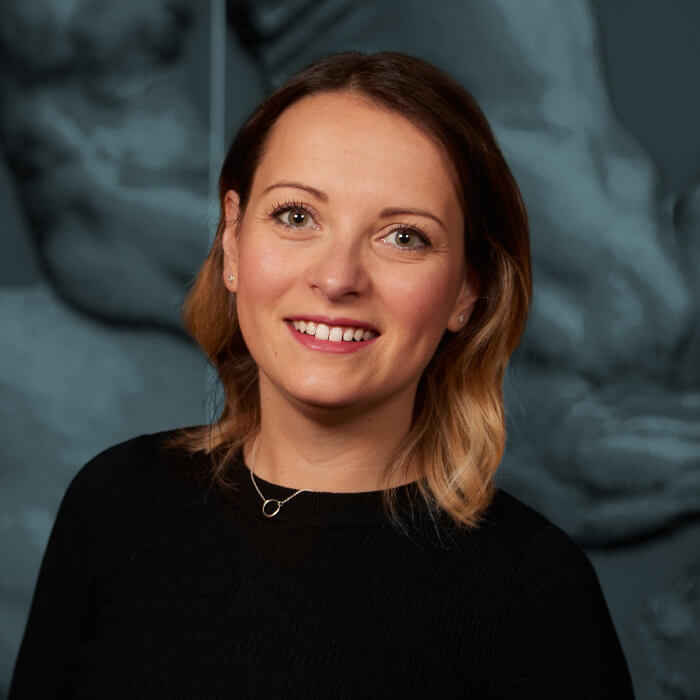Most of us will not remember a time when the National Health Service (NHS) did not exist. Launched on 5 July 1948, by Aneurin Bevan, the Health Secretary at the time, it was the first health service in the Western world to provide care based on need and free at the point of use to anyone who requires it. Since then, the NHS has become part of British society, providing support to millions of people in the United Kingdom every day. As the NHS celebrates its 75th anniversary, we look at some of its extraordinary medical advancements and achievements since its inception.
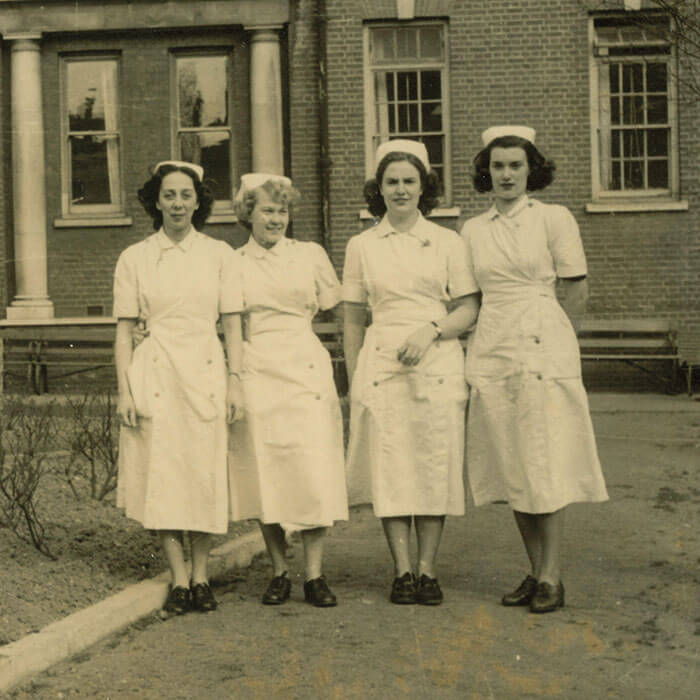
1950s and 1960s
As public confidence in the service grew during the 1950s, the NHS embarked on a mass vaccination programme. Smallpox, which caused serious illness in the 1940s, has now been eradicated due to the success of vaccination. Other advances included the Mental Health Act, introduced in 1959, which changed perceptions towards accessing mental health treatment. As the NHS developed and grew during the 1960s, the organisation became Britain’s biggest employer. To help fill these new jobs, the government brought in thousands of workers from abroad.
1970s and 1980s
The 1970s and 1980s saw world-first medical advances within the NHS, including the delivery of the first IVF baby, Louise Brown, in 1978. On 1 October 1971, the world’s first clinical computerised tomography (CT) scan was carried out at London’s Atkinson Morley Hospital, revolutionising how doctors examined patients and leading to earlier diagnosis of medical conditions. The NHS also launched its breast-screening programme, leading to earlier detection of breast cancer, in 1988.
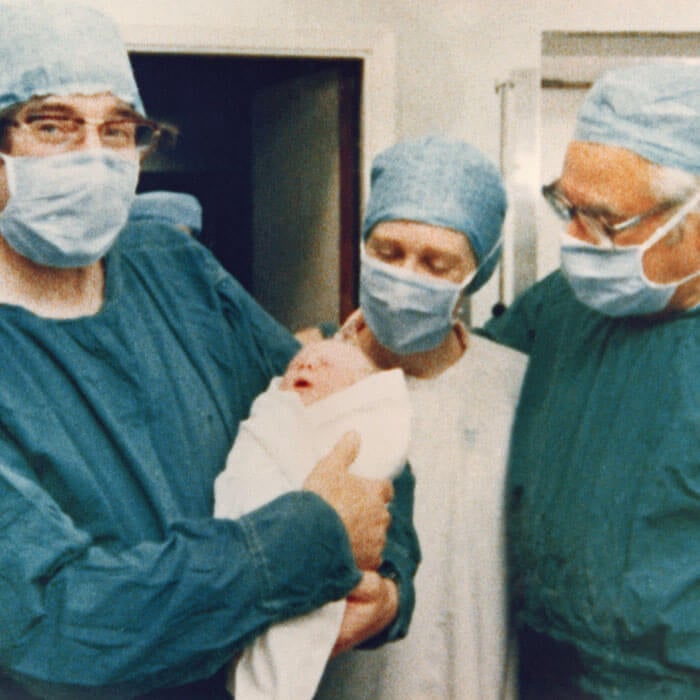
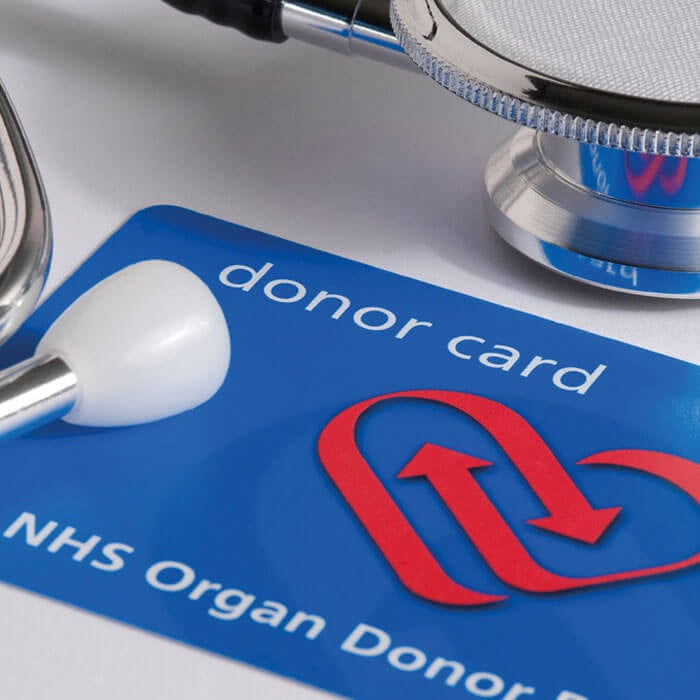
1990s and 2000s
The 1990s and first decade of the twenty-first century saw the first NHS walk-in centres open and the launch of NHS Direct, the largest single e-health service in the world, which has since been superseded by NHS 111. In 1994, the NHS organ donation register was established to accommodate and coordinate the national supply and demand of organs for transplant surgery. By the end of 1995, more than 2.2 million people had registered to become organ donors.
In 2000, the Association of NHS Charities was founded, supporting a network of more than 230 NHS charities across the UK. In 2018 they changed their name to NHS Charities Together, and during the Covid-19 pandemic, they launched their first national appeal for the NHS, raising over £150 million to support NHS staff during a time of crisis. Today, they continue to raise funds nationally to help the NHS go further for staff, patients and communities.
2010 to Present
In recent years, the NHS has faced some of its biggest challenges to date, including the unprecedented pressure of the Covid-19 pandemic in 2020. During this incredibly difficult time, hundreds of organisations supported the NHS, including The Royal Mint, who successfully manufactured millions of medical visors and other essential PPE equipment for NHS staff. In December 2020, the UK became the first country in the world to initiate a clinically approved Covid-19 vaccination programme.
Today, despite an enormous strain on resources, the NHS remains committed to developing new ways in which to help people. Since 1948, the average life expectancy in the UK has risen from 68 years to 81 years. On average, people are living longer, and the medical advances made by the NHS are an important contributing factor. In October 2020, the NHS became the world’s first health service to commit to reaching net zero carbon, a goal that will see it contribute to the improvement of health now and for generations to come.
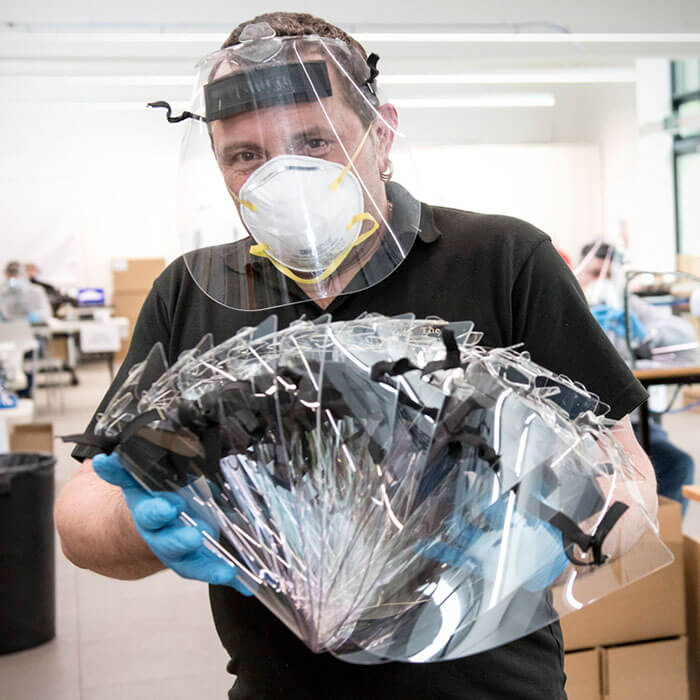

1950s and 1960s
As public confidence in the service grew during the 1950s, the NHS embarked on a mass vaccination programme. Smallpox, which caused serious illness in the 1940s, has now been eradicated due to the success of vaccination. Other advances included the Mental Health Act, introduced in 1959, which changed perceptions towards accessing mental health treatment. As the NHS developed and grew during the 1960s, the organisation became Britain’s biggest employer. To help fill these new jobs, the government brought in thousands of workers from abroad.

1970s and 1980s
The 1970s and 1980s saw world-first medical advances within the NHS, including the delivery of the first IVF baby, Louise Brown, in 1978. On 1 October 1971, the world’s first clinical computerised tomography (CT) scan was carried out at London’s Atkinson Morley Hospital, revolutionising how doctors examined patients and leading to earlier diagnosis of medical conditions. The NHS also launched its breast-screening programme, leading to earlier detection of breast cancer, in 1988.

1990s and 2000s
The 1990s and first decade of the twenty-first century saw the first NHS walk-in centres open and the launch of NHS Direct, the largest single e-health service in the world, which has since been superseded by NHS 111. In 1994, the NHS organ donation register was established to accommodate and coordinate the national supply and demand of organs for transplant surgery. By the end of 1995, more than 2.2 million people had registered to become organ donors.
In 2000, the Association of NHS Charities was founded, supporting a network of more than 230 NHS charities across the UK. In 2018 they changed their name to NHS Charities Together, and during the Covid-19 pandemic, they launched their first national appeal for the NHS, raising over £150 million to support NHS staff during a time of crisis. Today, they continue to raise funds nationally to help the NHS go further for staff, patients and communities.

2010 to Present
In recent years, the NHS has faced some of its biggest challenges to date, including the unprecedented pressure of the Covid-19 pandemic in 2020. During this incredibly difficult time, hundreds of organisations supported the NHS, including The Royal Mint, who successfully manufactured millions of medical visors and other essential PPE equipment for NHS staff. In December 2020, the UK became the first country in the world to initiate a clinically approved Covid-19 vaccination programme.
Today, despite an enormous strain on resources, the NHS remains committed to developing new ways in which to help people. Since 1948, the average life expectancy in the UK has risen from 68 years to 81 years. On average, people are living longer, and the medical advances made by the NHS are an important contributing factor. In October 2020, the NHS became the world’s first health service to commit to reaching net zero carbon, a goal that will see it contribute to the improvement of health now and for generations to come.
Related Articles
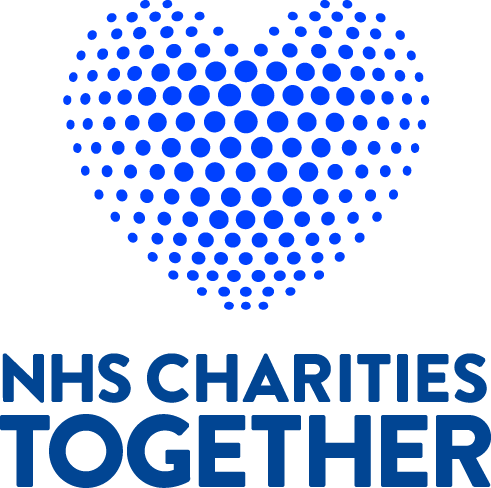
The Royal Mint will donate 100% of the net proceeds from this product to NHS Charities Together (registered charity no. 1186569 (England & Wales) and SC050716 (Scotland)). The estimated total donation from the sale of all NHS 75th Anniversary 2023 UK 50p products is £225,000.

The letters ‘NHS’, the NHS logo and the NHS75 logo are protected by copyright and/or trade mark law. They are owned by the Secretary of State for Health and Social Care. The letters ‘NHS’ and the NHS logo should not be used by any party without authorisation from the Department of Health and Social Care on behalf of the Secretary of State.

